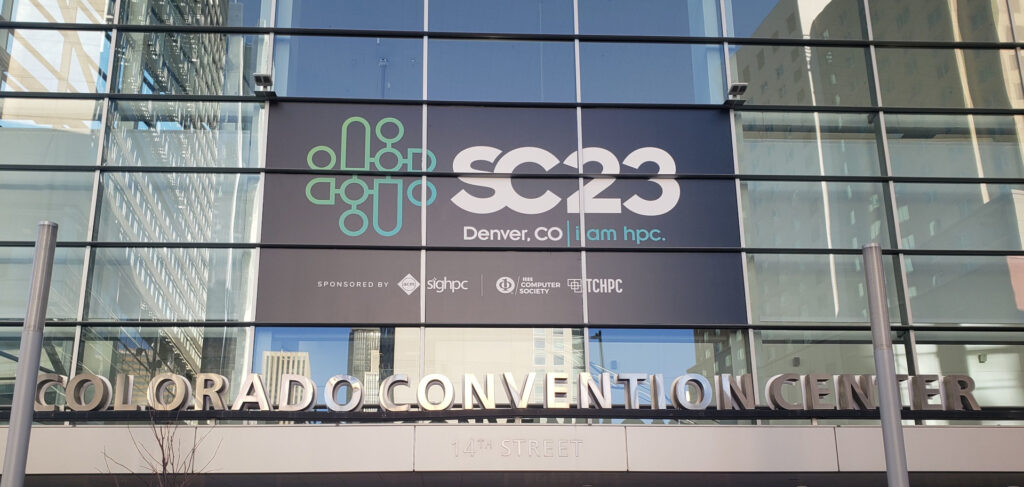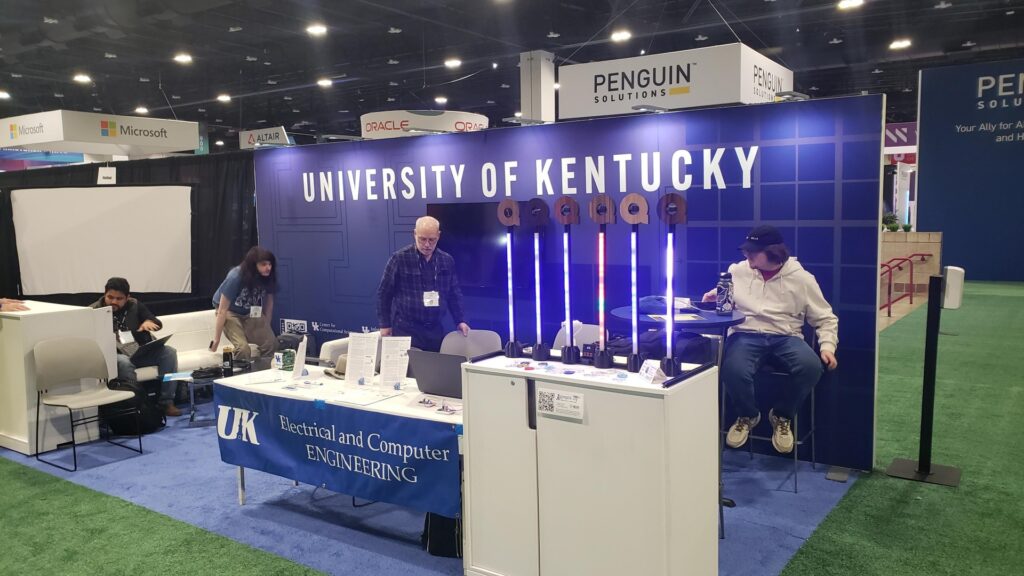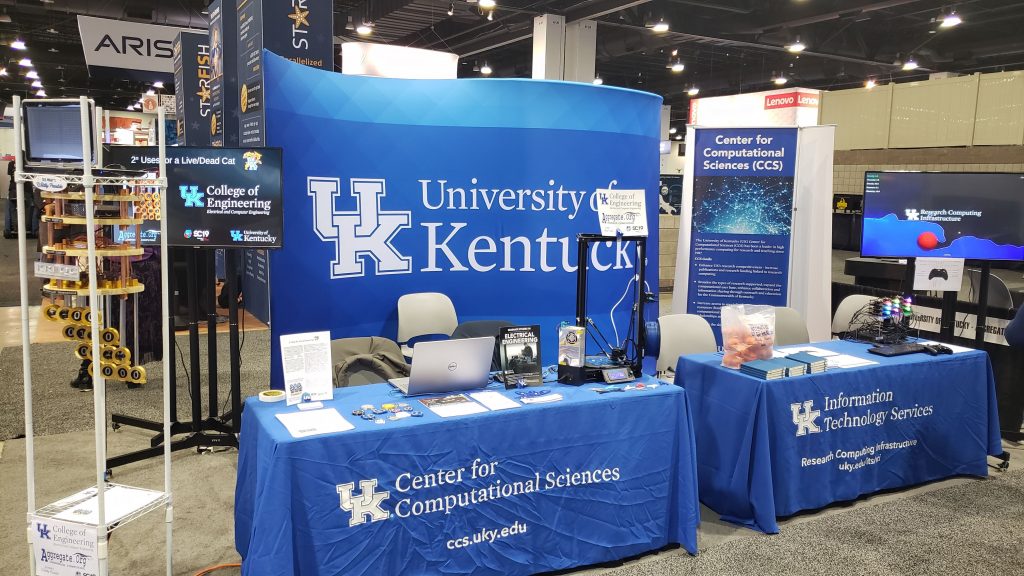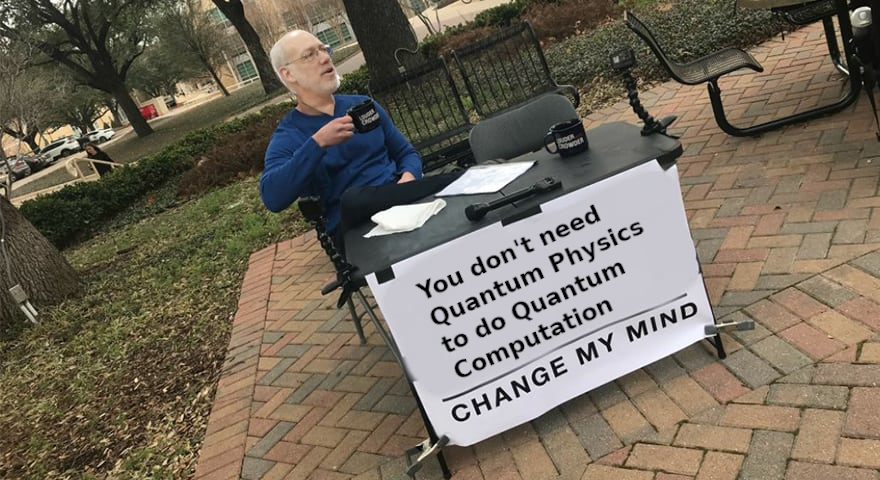Having now collected two graduate degrees myself, and been related many stories by friends and acquaintances doing grad school at UK, some advice for those behind me.
UK’s graduate school is the absolute archetype of the rule of thumb that, at UK, every individual you deal with will be nice and helpful, but as an organization they’re the most useless, obstructive motherfuckers you’ll ever have the displeasure of dealing with. You will never find an individual to punch in the face when something deserving happens, because responsibility has been diluted sufficiently that there isn’t usually an individual bad actor responsible for whatever bullshit is going on; the problem is that there are half a dozen overpaid people with inflated titles not dealing with the thing, and an assortment of folks in lower-titled, public-facing positions having to scramble to make things work around the administrative dysfunction.
The fact that UK just went into administrative bloat overdrive by dissolving the faculty senate with no concrete plans to replace their functions, then started hiring random assholes who don’t even have the context to know how things have to work to take over matters the senate used to handle has made it even worse this year than usual.
Detailed Notes Below
Web Presence
Page Navigation
Meta
March 2026 S M T W T F S 1 2 3 4 5 6 7 8 9 10 11 12 13 14 15 16 17 18 19 20 21 22 23 24 25 26 27 28 29 30 31 -
Recent Posts
Random Quote
Most software today is very much like an Egyptian pyramid with millions of bricks piled on top of each other, with no structural integrity, but just done by brute force and thousands of slaves.
— Alan KayCategories
License

Unless otherwise noted, this work is licensed under a Creative Commons Attribution-ShareAlike 3.0 United States License.




